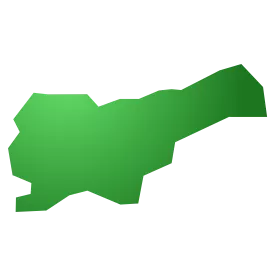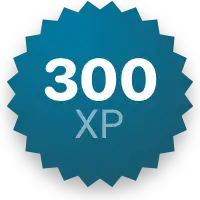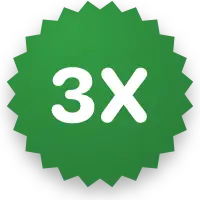Slovenia


Discover Slovenia
The territory that is now Slovenia was inhabited by various ancient peoples, including the Celts and Illyrians.
During the Roman era, the region was part of the Roman Empire and saw significant urbanization and development. The town of Emona (modern-day Ljubljana) became a prominent center.
In the medieval period, Slovenia was part of the Holy Roman Empire and later came under the rule of the Habsburg Monarchy. Slovenian culture flourished during this time, with literature, music, and art gaining prominence.
In the 20th century, Slovenia was a part of various political entities, including the Austro-Hungarian Empire, the Kingdom of Yugoslavia, and later the Socialist Federal Republic of Yugoslavia.
Slovenia declared its independence from Yugoslavia in 1991, which led to a brief ten-day war. The country emerged as an independent nation, focusing on democratic reforms, economic development, and integration into the European Union and NATO.
Today, Slovenia is known for its stunning natural landscapes, charming cities, and rich cultural heritage. It is celebrated for its contributions to literature, philosophy, and arts. Slovenes take pride in their history of overcoming challenges and in their role as a modern, vibrant, and peaceful European nation.
Source ChatGPT
Experience Points


XP EARNED OUT OF 0
Points Breakdown
| Sticker Collected | 0 XP |
| Card Collected | 0 XP |
| Bonuses | 0 XP |
| Total | 0 XP |
Your travel history

First Visit
---
Last Visit
---
You've logged 0 visits.

